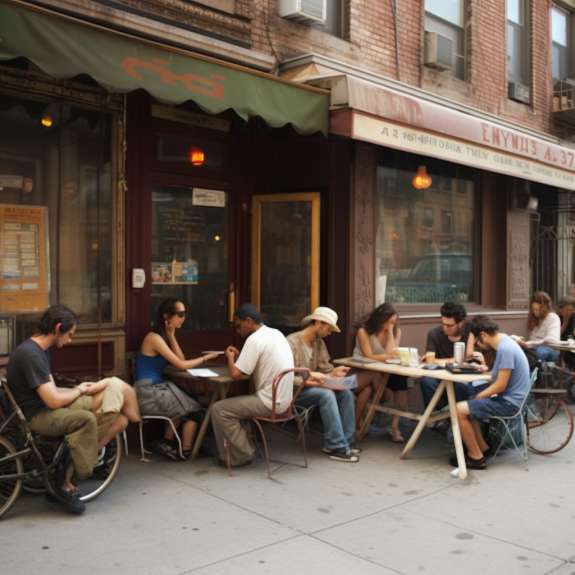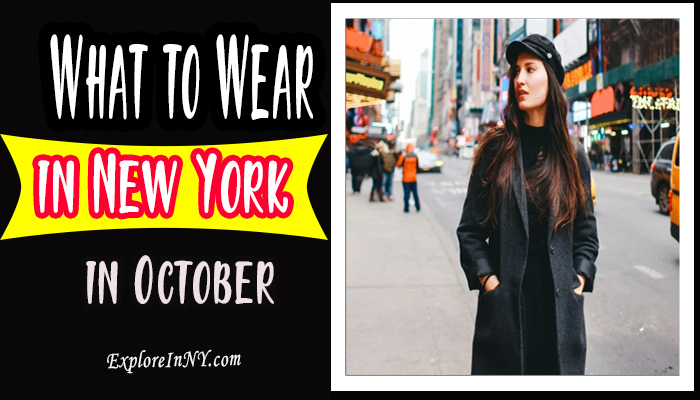What does dayroom mean in New York?
I’m a New Yorker, and I’ve heard the word “dayroom” used in various contexts. But what does it mean?
In the traditional sense, a dayroom is a common area in a hospital, prison, or other institution where people can gather during the day to socialize, relax, and participate in activities. But “dayroom” has taken on a new meaning in New York slang. Today, I’ll talk about the word “dayroom” and what it means in New York.
What does dayroom mean in New York?

New York is a city of slang, and “dayroom” is one of the latest terms to be added to the lexicon. But what does it mean?
Related Post: What does oy mean in New York?
In New York slang, “dayroom” describes someone distant, uncommunicative, or unresponsive. It can describe a friend who doesn’t text back, a romantic partner who doesn’t answer the phone, or even a coworker who doesn’t acknowledge you in the hallway.
The term “dayroom” is thought to have originated in the New York City jail system. In many jails, inmates must spend certain hours in a common area known as the dayroom. This is where they can socialize, relax, and watch TV.
Inmates who are quiet and withdrawn are often said to be “dayrooming.” This is because they prefer to spend their time in the dayroom alone rather than interacting with other inmates.
The term “dayroom” eventually escaped the jail system and into the general New York City slang vocabulary. Today describes anyone distant or unresponsive, regardless of their social status or background.
Here are some examples of how the term “dayroom” might be used in a sentence:
- “My boyfriend has been dayrooming me all week. I don’t know what I did wrong.”
- “My coworker is so dayroom. He never even says hello to me.”
- “My friend has been dayrooming our group chat. I don’t know why she’s so mad at us.”
If someone calls you “dayroom,” it doesn’t necessarily mean they’re trying to insult you. It could simply be pointing out that you’ve been d; however, to be aware of the meaning of t to avoid misunderstandings.
History of the term “dayroom”
The term “dayroom” has been used in the New York City jail system for many years. Howevunclear unclear when it first began to be used as slang to describe distant or unresponsive.
See Also: Why Do People Love New York?
One theory is that the term began to be used in this way in the early 2000s. This is when social media platforms like MySpace and Facebook became popular. People began to use these platforms to communicate with their friends and family more often than ever before.
As a result, it became more apparent when someone was distant or unresponsive. If someone wasn’t responding to your messages or posts on social media, you might say they were “dayrooming.”
Another theory is that the term “dayroom” began to be used in this way in the mid-2010s. This is when smartphones became ubiquitous. People began to use their smartphones to communicate with each other even more often than they used social media.
As a result, it became even more apparent when someone was distant or unresponsive. If someone wasn’t answering your calls or texts, you might say they were “dayrooming.”
Why do people use the term “dayroom”?

People use the term “dayroom” to describe who is distant or response to reasons. Some people do it humorously, others do. Others use it to express frustration others r. Still, others describe someone’s simple behavior.
Here are some of the reasons why people might use the term “dayroom”:
- To express frustration or anger with someone who is being distant or unresponsive.
- To jokingly or playfully describe someone who is being quiet or wn.
- To simply describe someone’s behavior without any negative or positive connotations.
- To create a sense of camaraderie or shared understanding among people who have experienced being dayroomed by others.
Read More: Why is it so expensive to live in New York?
How to avoid being a dayroom
If you don’t want to be called “dayroom,” there are a few things you can do:
- Be responsive to your friends and family’s messages and calls.
- Make an effort to socialize and interact with others, even if you’re not feeling up to it.
- Be open and honest about your feelings. If you’re feeling distant or withdrawn, let your friends and family know why.
It’s important to remember that everyone experiences periods of feeling distant or withdroccasionallytime. you are struggling to connect with others, don’t be afraid to ask out for help. Many resources are available to help you cope with difficult emotions and build stronger relationships.
FAQ
What is the difference between a day room and a standard room?
A dayroom is a common area or recreational space within an institution, such as a prison, hospital, or mental health facility. A standard room is a more reference referees of any shared space to socialize, relax, or engage in activities.
What is the difference between a dayroom and a lounge?
A dayroom is a larger and more open space than a lounge. It may also have more amenities, such as a TV, games, or a kitchenette.
Why do people use the word dayroom to describe someone distant or uncommunicative?
It is thought to be a play on the word “daydreamer,” as someone in the dayroom is often lost in their thoughts and not paying attention to the people around them.
Is it offensive to call someone dayroom?
Whether or not it is offensive to call someone dayroom depends on the context. It can be not very good if it is said. It can be harsh if it is told in a neat. Homomore neutral or affectionately neutral or affectionately not likely to be mean.
Conclusion
The word dayroom is a New York slang term that has two meanings. It can refer to a common area or recreational space within an institution or be used to describe someone distant or uncommunicative.
The word dayroom is thought to have originated in the 1980s and is often used negatively, but it can also be used more neutrally.



